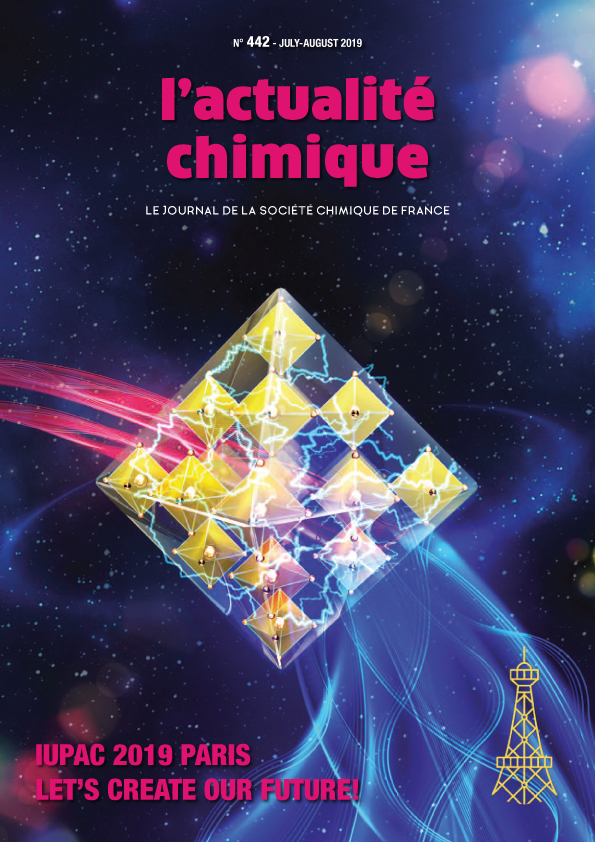Le chimiste créatif
En tant que chimiste de 34~ans, j’appartiens à la catégorie mal définie des «~scientifiques en début de carrière~», ou plus simplement les «~jeunes chimistes~»~: une génération qui a grandi sous le manque extrême de postes académiques, a été élevée sous la tyrannie du facteur d’impact, et engagée très tôt dans la quête de subventions, afin de combler une passion pour la chimie~: ses merveilles, sa richesse de possibilités, ses efforts collectifs, sa capacité à créer un monde meilleur.
À mon avis, l’évolution de carrière et les conditions de travail actuelles sont en train d’étouffer la créativité des jeunes scientifiques. Les subventions de projets à court terme, les évaluations basées sur la productivité plutôt que l’originalité, le conformisme de certains processus de recrutement qui n’intègrent pas très bien les profils interdisciplinaires, les obligations sur plusieurs fronts (tâches administratives, management, enseignement, évolution…), sont autant d’obstacles qui empêchent le travail créatif.
Encourageons les carrières atypiques, accueillons les personnes qui ont traversé les frontières des disciplines, et améliorons notre écoute et nos qualités de collaboration afin d’accueillir le chimiste créatif~!
Télécharger l'article
